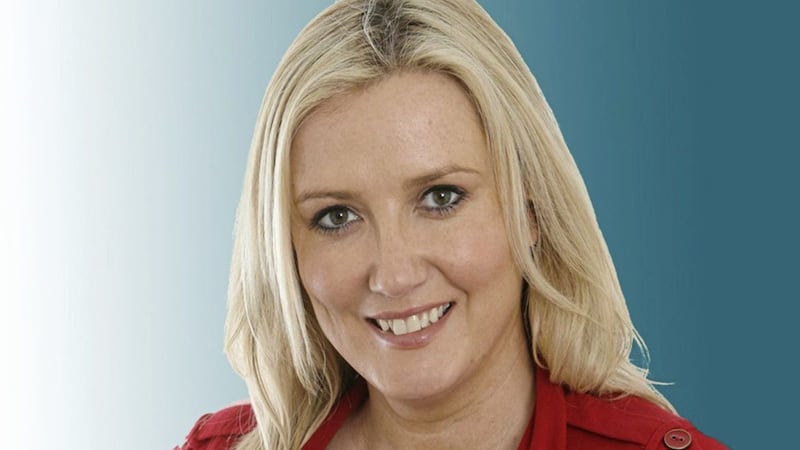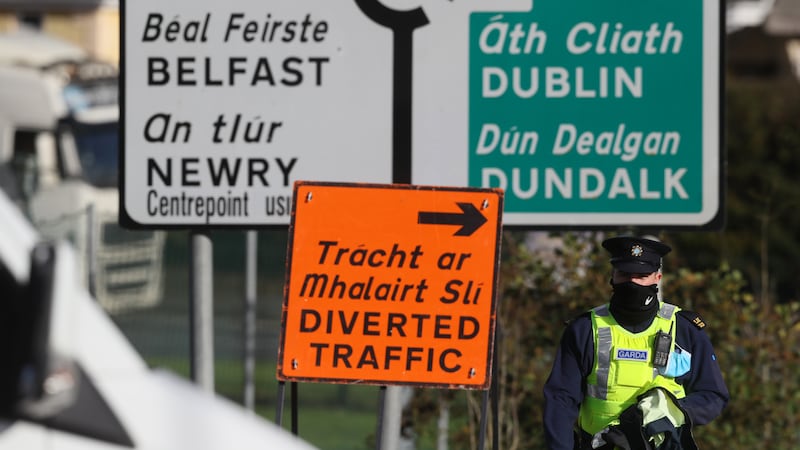The clock is ticking until D Day, or as would be more appropriately called B Day, while it is around six weeks until Britain leave the EU in reality that’s only around 17 sitting parliamentary days.
With that date looming, several hundred people gathered at Dublin Castle on Friday to hear what the Irish government was doing to prepare for a worst-case, no deal Brexit.
Those working in business, agriculture, education and human rights groups were all there to have their say on the looming crisis.
It was the fifth meeting of the All Island Civic Dialogue group that has been discussing what Brexit might look like since the referendum two years ago.
This meeting was marked, not just because of the growing urgency of the situation, but also by the number of people who travelled from Northern Ireland to hear what preparations were in place, and also what unresolved issues remained on the agenda.
The North/South element of Brexit has thrown up lots of different problems and potential solutions. It has also shown just how cross border cooperation has enriched lives since the Good Friday Agreement, and also highlighted how so many people rely on that seamless border to survive economically.
What was missing from the gathering in Dublin were voices from within unionism, those who voted leave and those who believe that there will be no economic impact when we reach the March deadline, with or without a deal.
Those voices have changed their centre of gravity, they are based at Westminster, that is where they feel they will be listened to, that is where they feel most at home.
Dialogues and gatherings such as the one that took place in Dublin yesterday hold no attraction to them.
And so, while much was talked about, and much discussed, it was in many ways an echo chamber.
A gathering of those who feel helpless at watching everything they have achieved in the last 20 years sacrificed at the altar of British nationalism.
Meanwhile up the road in Belfast the pretence of a talks process was taking place, a process that everyone involved knows cannot yield fruit while Brexit uncertainty looms large.
All those involved in negotiating and planning for Brexit say the same things, no return to a hard border, no rewriting of the Belfast Agreement.
Those who oppose Brexit, those who are concerned about the erosion of rights, the economic and political consequences, while all in agreement, will no doubt be hoping that come March 29, they are proven wrong in their dire assessment.


